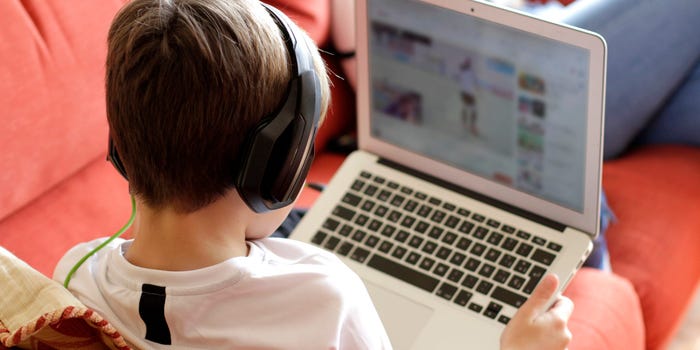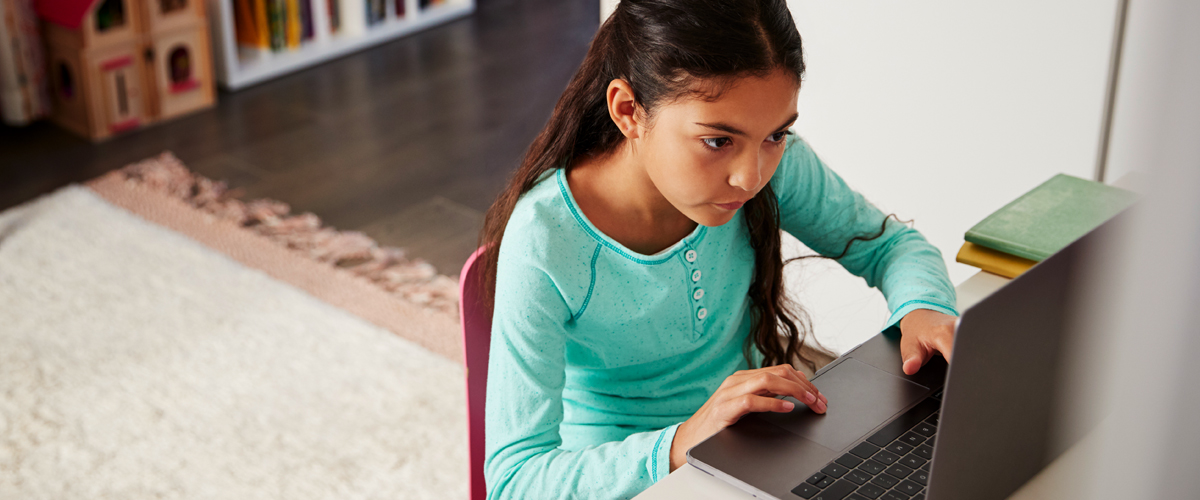 English
English

A new national poll gives a glimpse into parents’ greatest concerns about their kids in the pandemic-era with the top concerns being screen time, unhealthy eating, and depression.

Washington: A new national poll gives a glimpse into parents' greatest concerns about their kids in the pandemic-era with the top concerns being screen time, unhealthy eating, and depression.
High on the top 10 list: overuse of social media and screen time, internet safety, unhealthy eating, depression and suicide, and lack of physical activity.
Almost half of the parents also describe COVID-19, the disease itself, as a "big problem" impacting kids, coming in at No.10, according to the C.S. Mott Children's Hospital National Poll on Children's Health at Michigan Medicine"This is an especially challenging time for families, with many children experiencing significant changes in routine that may negatively impact their health and wellbeing," said Mott Poll co-director and Mott paediatrician Gary Freed, M.D., M.P.H."Parents' biggest concerns for young people seem to be associated with changes in lifestyle as a result of the pandemic. COVID-19 has turned the world of our children and teens upside down in many ways and this is reflected in how parents rate health issues in 2020," added Mott.
But there are key racial and ethnic differences among families when it comes to worries about children's health, according to the report.

Black parents rate racism as their No.1 health concern for children and teens, with COVID-19 coming in at No.2. Racism ranks sixth among Hispanic parents, with COVID-19 at No.8.
Racism does not make the top 10 health issues for U.S. children among white parents and COVID-19 much lower on among their concerns.
These differences are likely due to African-American and Hispanic communities being disproportionately impacted by COVID-19 in the U.S., Freed says.
People from minority groups have been more likely to contract COVID-19, gotten sicker and died of the virus at significantly higher rates than white individuals. Systemic racism has also been a national focus, as massive demonstrations protesting racial injustice swept the country over recent months.
Black parents are also the only group that rates gun injuries and unequal access to health care as a top 10 concern. Meanwhile, white parents are the only group to rate lack of physical activity in the top 10.
"Families' backgrounds and experiences likely shape what health concerns they prioritize as most pressing for American children today," Freed said.
The nationally-representative report is based on responses from 2,027 parents with children ages 18 and under.
A closer look at top health concerns highlighted in the report:
Screen time
Freed says it's not surprising that the top three issues on parents' list of concerns are related to screen use. Children are spending more time online because of virtual school or not being able to spend time with friends in person.
But he says parents should worry less about the amount of time children are using devices and more on how they are using the technology.
"It's important for children and teens to maintain social and family connections that we know are critical for their emotional well-being, especially during a time when they are feeling stressed or isolated," Freed says. "Technology may be an important vehicle for those connections."
Still, parents should set clear ground rules and boundaries about how and when children can use devices to ensure it's not disrupting sleep habits, replacing healthy habits like physical activity, and that children's privacy is protected. They should also watch for any signs of cyberbullying and other types of online abuse, which also made the top 10 list.
"Parents need to have ongoing conversations with their children and teens to guide them on safe internet practices," Freed says.
Emotional and physical health
Some parents reported great concern about kids experiencing increased negative emotions such as stress, anxiety, or depression, which may be related to or exacerbated by lifestyle changes caused by COVID-19.
"Parents may notice changes, such as increased behavioural issues in younger kids or more moodiness or lethargy from older kids and teenagers," Freed said.
In these situations, parents should encourage children and teens to talk about their feelings, and find healthy outlets to help them cope.
Changes in routine and social isolation from COVID-19 may also affect a child's physical health. Inconsistent sleep habits may particularly increase the potential for unhealthy eating and reducing outside physical activity---all issues parents identified as top health concerns.
Families should try to maintain routines, especially keeping regular sleep schedules and helping teens resist the temptation to go to bed much later than usual and sleeping in later, Freed said.
Mott experts also recommend intentional "unplugged" times to spend together as a family and getting outside daily, even for a brisk walk, as much as possible.(ANI)